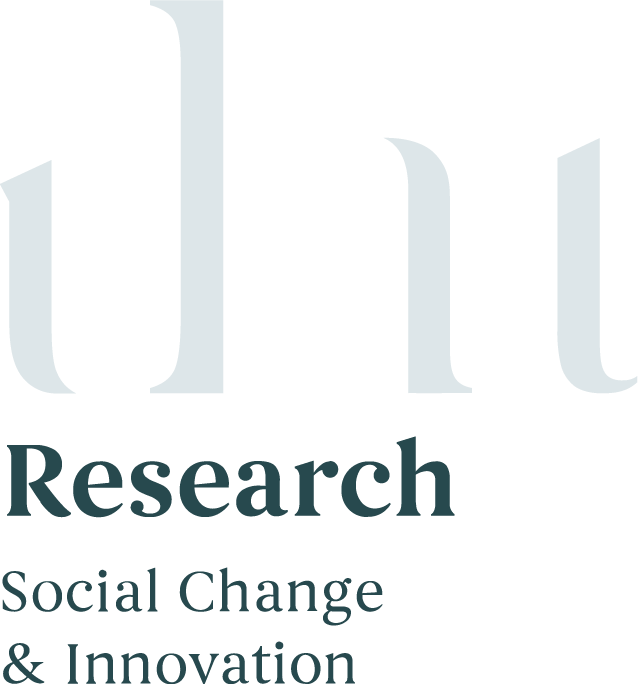Commissioning to support healthy kai outcomes for whānau
Project Background
The purpose of this report is to explore the role kai (food) plays in the lives of whānau across Aotearoa New Zealand and how the Whānau Ora commissioning approach in Te Waipounamu has impacted the relationship whānau have with food.
To better understand the role of kai in the health and wellbeing of whānau, a partnership was formed between Te Pūtahitanga o Te Waipounamu, Ministry of Health and Ihi Research. The purpose of this work is to create an evidence brief that illuminates what is happening within the current state of the food system through Te Pūtahitanga o Te Waipounamu commissioning.
Report 2022
Koanga Kai
What we did
There are three parts to this research, an integrative literature review, a review of commissioning and four case studies. The integrative literature review investigated the role of kai/food for Māori whānau and other Indigenous communities.
The study also drew on existing research and emerging successful case studies related to Te Pūtahitanga o Te Waipounamu commissioning and the role of kai in Whānau Ora. This report presents insights from combined analyses.
Five key principles guided the research methodology. These were:
The importance of Māori/ Indigenous worldviews
That lived experience is at the centre of the approach and drives change, meaning participation and self-reflection is critical
Te Tiriti base framework with a Whānau Ora approach
Shifting power enabling Mana Motuhake
Enabling compelling change for all in the system
Outcome
This report adds to the current knowledge base about the role of kai/food and its contribution to the health and wellbeing of whānau and other indigenous communities. Results emphasise the importance of Indigenous Food Sovereignty efforts and whānau-led self-determination for hauora. More needs to be done to continue this approach and to track the impact and outcomes over time.
Analysis suggests sovereignty can be expressed at multiple levels by whānau, hapū, iwi as well as Māori groups and collectives. Indigenous Food Sovereignty is related to the ownership, power and control that whānau and Indigenous communities have in determining the role of kai (food) and its contribution to hauora. For example, common characteristics include:
• Whānau/ family/community ownership and self-determination – strengths-based approach
• Inclusion of cultural values and a holistic focus
• Capacity (resource) and capability (skills and knowledge) development related to kai/food production or procurement.
Find more information about Te Pūtahitanga and their innovative work at here
Photo credit: Te Pūtahitanga o Te Waipounamu
“I attribute many of the successes, many of the things that I do today, and the strength and the capacity, with healing my relationship with myself, my body and with food. I want to just awhi other wahine through the journey.”
- Kai Connoisseurs (Aranui)
Find out how we can help you
We’ll work with you to find out what’s working, where investment could be put to best use or how to improve anything not going to plan. We can help you define success and set tangible, measurable goals. And we talk in real language so you can understand and engage with the findings. We engage with the community to conduct community research and consultations for private companies, trusts, government agencies, NGOs and more. But we have a special interest in research that has a purpose - to better society and teach lessons. We aim to help those we work with build capacity to enact positive change.




